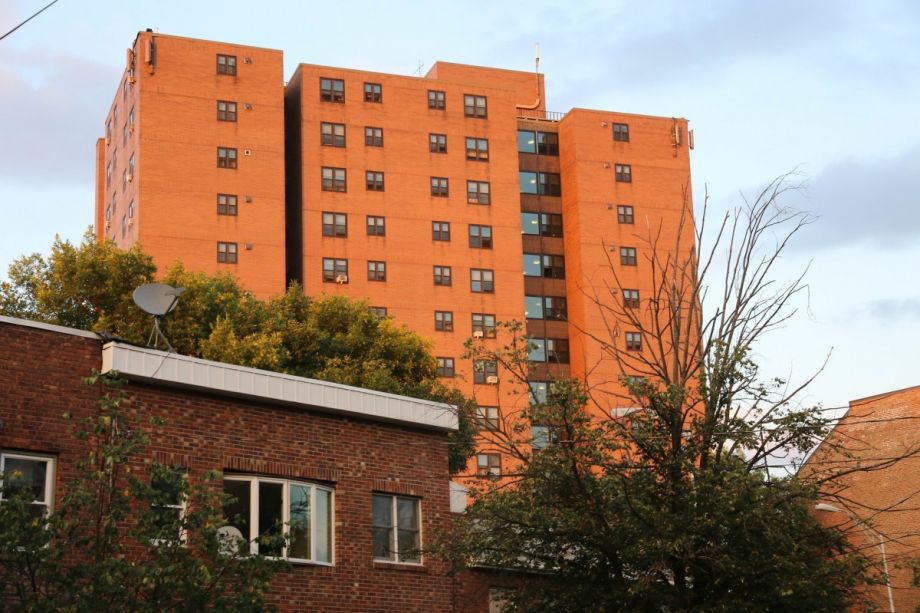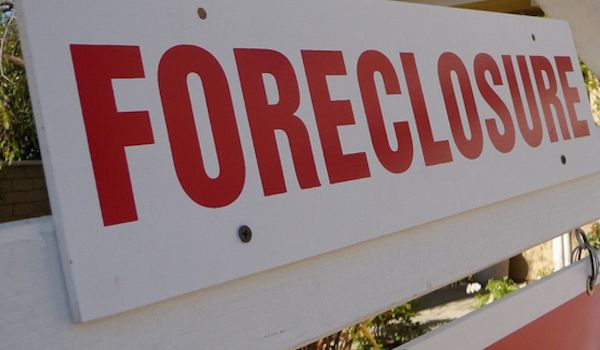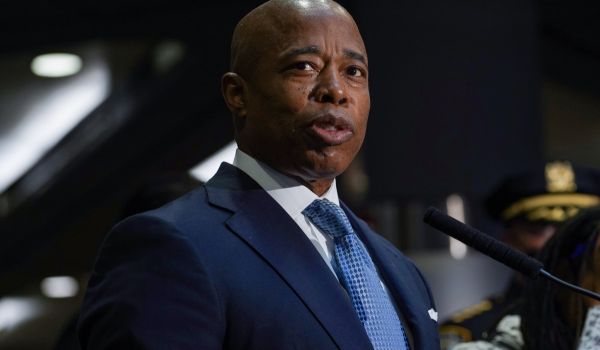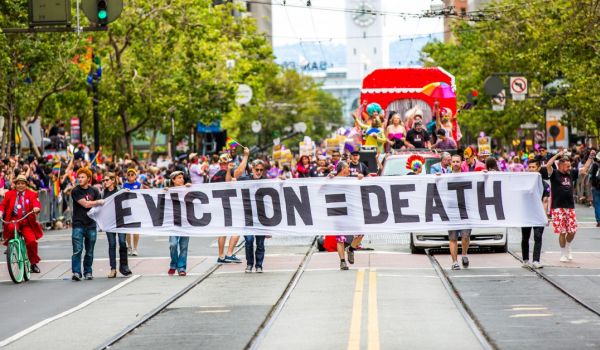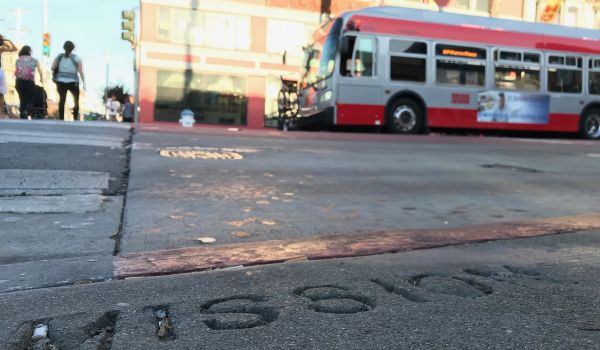Congressional Subcommittee Finds Private Equity Grew, Tenants Suffered
A survey by the House Financial Services Committee found private equity homeownership has been growing faster than was previously known. The survey of the 5 largest single family home rental companies (Invitation Homes, American Homes 4 Rent, Cerberus Capital Management, Pretium Partners and Amherst Residential) found they had gained a combined 76,235 homes between March 2018 and September 2021, as their stock grew 27%. And when the companies sold those homes, 61% of them went to other institutional investors. Only .5% of homes were sold to tenants.
How were they able to make these purchases? By leveraging debt through financial instruments rather than taking out mortgages, they had a huge advantage over aspiring homeowners facing a tight credit market.
The purchases were mostly in low-income neighborhoods which were disproportionately Black; specifically, an average 40% Black population in the 20 zip codes with the most acquisitions. The neighborhoods also had 30% more single mothers than the national average. The companies are squeezing tenants, whose fees increased 40% between 2018 and 2022. The number of tenants in rental arrears jumped from 10% in 2018 to 20% in 2021.
This adds to previous research on corporate homeownership, including a study of Atlanta that found larger landlords were 68% more likely to file for eviction and a study of Boston found that landlords accounted for 45% of evictions despite owning 0.5% of homes. In other parts of the country, private equity is quickly becoming the dominant form of homeownership: A single corporate landlord is now the third-largest owner in Omaha, Nebraska, a report from the Flatwater Free Press found. In Nebraska and elsewhere nonprofits and community land trusts are trying to beat back the tide, but the congressional report demonstrates that state and federal policy action will be necessary.
Evictions Rising in HUD-Assisted Housing
Private equity tenants aren’t the only ones with rising eviction rates. About 83% of attorneys for tenants in HUD-assisted housing say eviction filings have returned to pre-pandemic levels or even surpassed them, according to a survey by the National Housing Law Project. About 88% of attorneys surveyed report a lack of 30-day eviction notices among public housing authorities and landlords accepting HUD vouchers. These 30-day notices are mandatory under the CARES Act and provide a buffer for a tenant to fight an eviction in court or to secure new housing.
The survey also found that many public housing authorities didn’t re-evaluate the income levels of their tenants after the pandemic caused mass job loss. Public housing tenants pay a percentage of their income toward rent – typically 30%. That income is usually certified annually, but HUD allowed public housing authorities to certify more frequently when the pandemic caused job losses, which would have lowered rents for many tenants. But 72% of attorneys said these real-time recertifications never happened, despite their tenants’ incomes dropping.
The survey only looks at a fraction of public housing tenants, interviewing 148 attorneys in 39 states, as well as D.C. and Puerto Rico. Only about 3% of tenants nationally have legal representation in housing court, and there’s no data on how many HUD-assisted tenants have attorneys.
SF Ballot Measure Would Increase Oversight of Homelessness Agency
San Francisco is poised to introduce a ballot referendum that, if approved by voters, would create an oversight commission for the city’s homelessness agency, The Real Deal reports. The oversight commission would have power over the Department of Homelessness and Supportive Housing’s $700 million annual budget, could reject or approve third-party contracts and could launch investigations of the agency.
The department only dates back to 2016, when it was created by former Mayor Ed Lee with a mandate to transition people from homelessness into permanent housing. An investigation by the SF Chronicle found widespread and dangerous mismanagement, including a lack of oversight of non-profit providers running the city’s SROs, broken elevators, rats and other conditions. The investigation also found that 14% of the city’s overdose deaths were happening in these city-funded SROs, despite holding less than 1% of the city population. Mayor London Breed had previously opposed an oversight commission but appears to have changed course after the SF Chronicle investigation.
The ballot measure will likely be before voters this November, pending a vote by the city’s Board of Supervisors later this month.
This article is part of Backyard, a newsletter exploring scalable solutions to make housing fairer, more affordable and more environmentally sustainable. Subscribe to our weekly Backyard newsletter.

Roshan Abraham is Next City's housing correspondent and a former Equitable Cities fellow. He is based in Queens. Follow him on Twitter at @roshantone.



